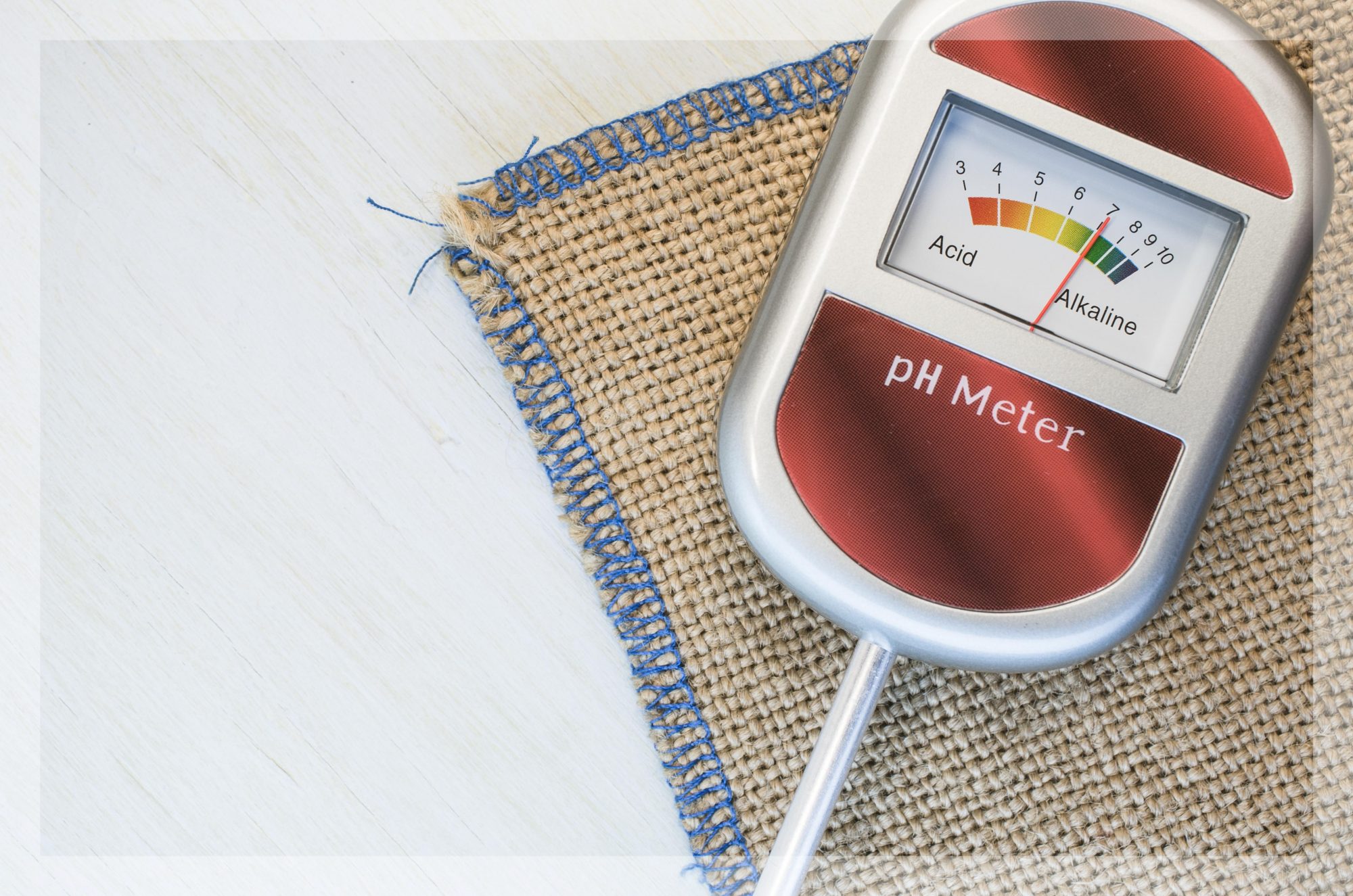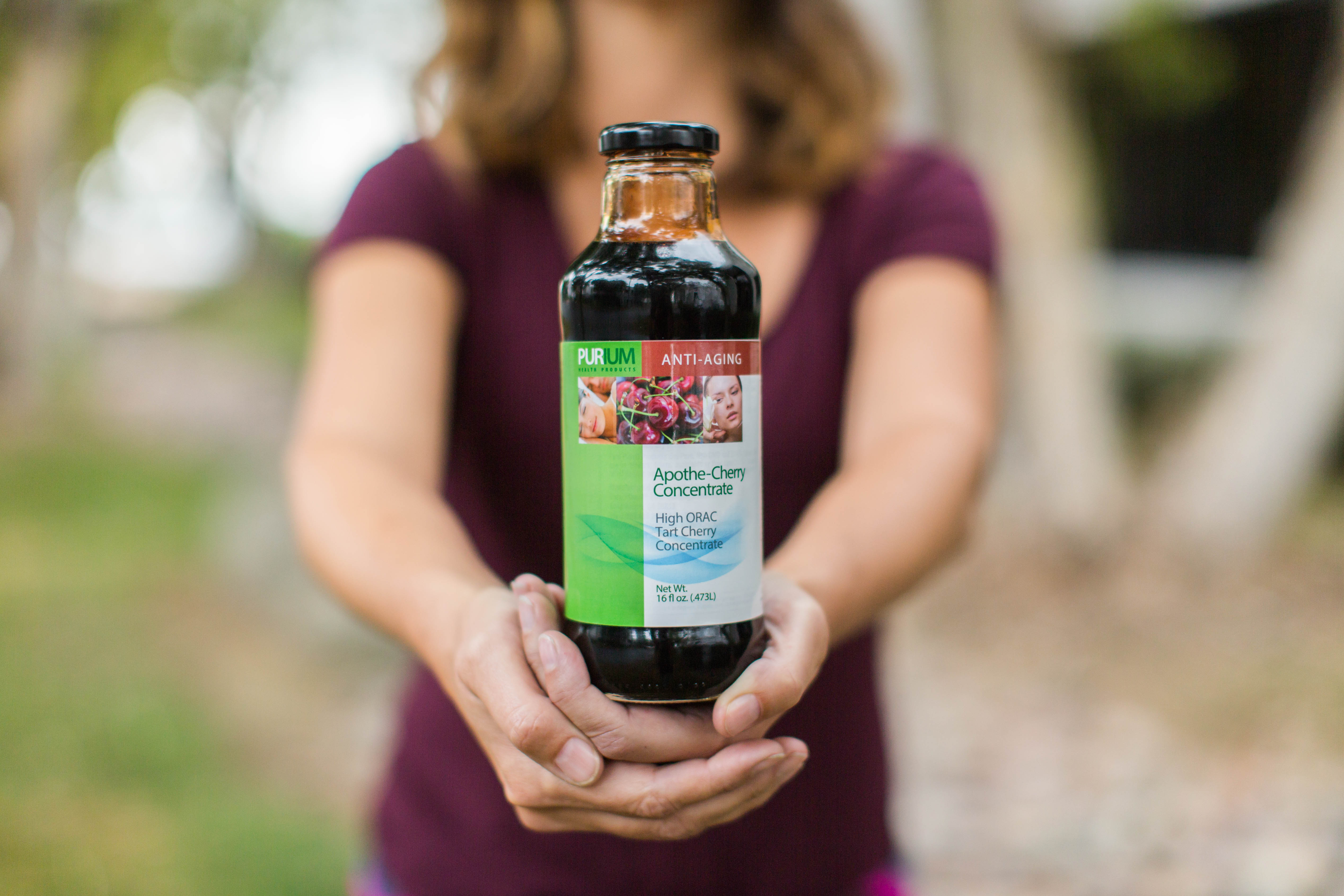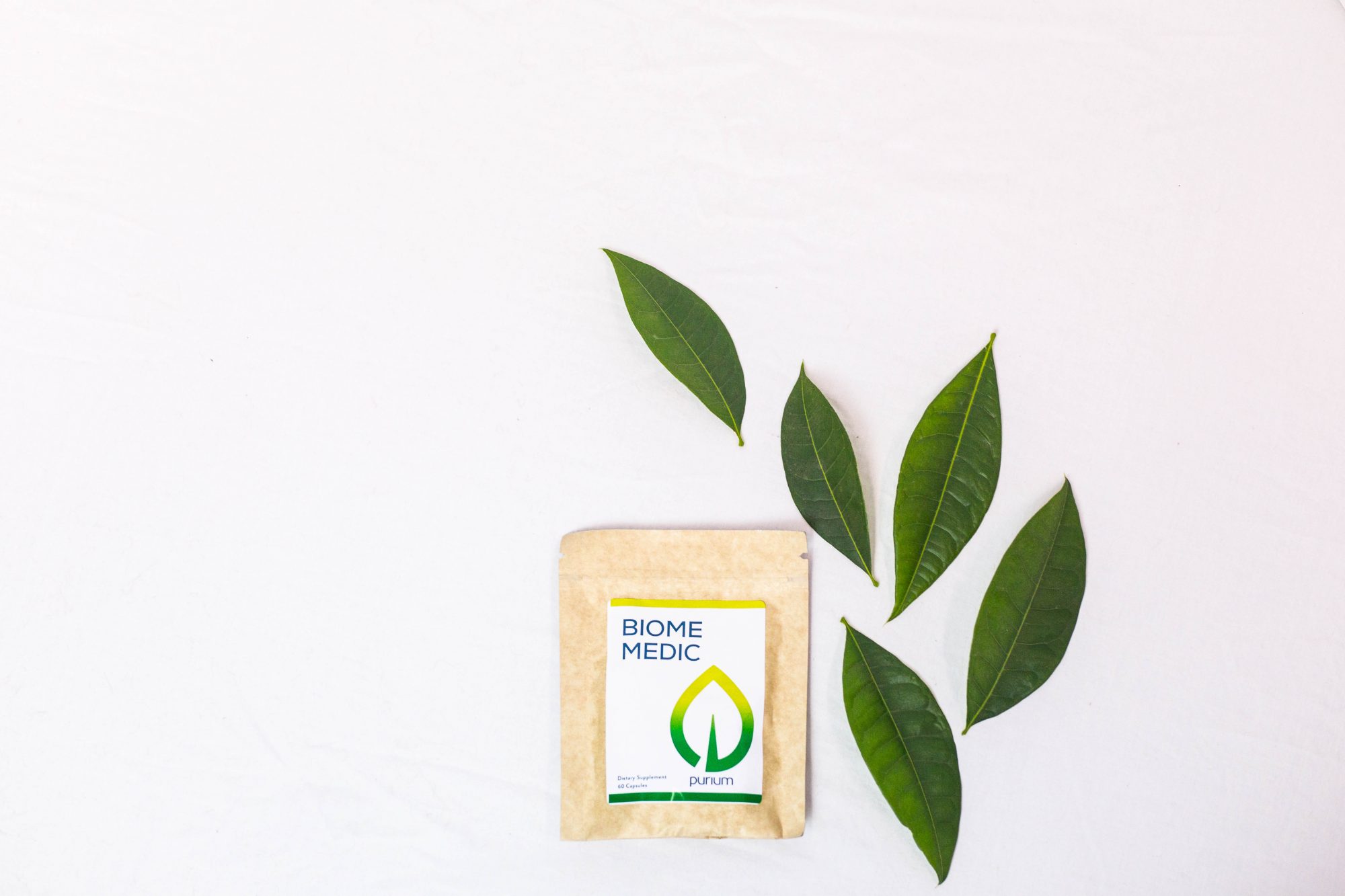Our bodies are always working hard to keep us living. There are all kinds of functions that occur without us even knowing and one of them is balancing alkalinity and acidity. This is something that might sound foreign to many of us, so here’s a mini science lesson to help us wrap our minds around it.
Our body’s alkalinity and acidity can be described through potential of hydrogen (pH), meaning how much hydrogen or how many hydroxl ions are present in our system.
pH levels range from 0 to 14. The lower the number, the more acidic something is. The neutral zone is right in the middle at 7. The best pH for a body to maintain (usually determined by a blood or urine test) is one that is slightly alkaline. That number is normally somewhere between 6 and 7.5 (based on blood and urine tests) for an average body and may change throughout the day.
It’s worth mentioning that other parts of your body actually might have a more acidic pH level, simply because of that system’s natural process. For example, stomach acid usually has a pH of 2 to 3.5.
In order to function properly, your body needs to have the perfect balance. This balance helps your body respond to unhealthy organisms and allows your immune system to function without a hitch.
What Causes Imbalance
Although pH studies are still ongoing, some nutritionists believe that outside factors may have an effect on our levels.
Food and Diet
One camp of study connects the food that we eat to acid production and alkalinity. Some of these foods include staples like corn flakes, eggs, milk, rice and certain types of bread. Alkaline foods include fruits, mushrooms, vegetables and green drinks.
Interestingly enough, foods that are on one side of the spectrum won’t always have the same effect on the body. For example, lemon’s pH might be acidic, but it has an alkalizing effect on your body.
It might sound scary to eat foods that can be acid-forming, but normally, there is nothing to worry about. Nutritionists still suggest eating a more planet-based diet, while not necessarily giving up on some of these acid-forming foods. It won’t hurt if you lessen them though!
Exercise
Others believe that the lack of exercise or even exercising too much can cause a pH imbalance. This is because your muscles also have a pH level, meaning they can become acidic. When you feel the burn while working out, anaerobic energy is produced, leaving your muscles, temporarily, more acidic. Coincidentally, this is what sometimes causes muscle fatigue.
Some nutritionists link this pH drop to your bones. This is because of acidosis. In people with acidosis (where a body is lower on the pH scale with less alkalinity), bodies will take calcium from their bones and body, in order to combat the drops in minerals (like magnesium and potassium) due to chronic acidity. It is believed that chronic muscle acidity may contribute to ongoing acidosis.
Stress
Just like physical stress (intense workouts) can influence our pH levels, emotional stress can also attribute to a pH imbalance. Worrisome and anxious thoughts have been found to produce excess stress hormone cortisol. Not only does this cause hunger cravings for highly-acidic foods, but it also leads to the depletion and/or deficiencies of other beneficial hormones and minerals.
Effects of Too Much Acidity
If your body’s pH level is more acidic, your body may go into depletion mode. This is because acidity affects our electrolyte levels and kidneys. In high acidity, minerals are pulled from bones, cells, tissues and organs in order to help fight the acid. This not only decreases your body’s vitamin absorption potential, but also leaves your immune system compromised.
The results of this can lead to minor inconveniences like:
- Allergies
- Congestion
- Headaches
- Fatigue
On the other hand, more major complications can include:
- Metabolic alkalosis
- Ulcers
- Inflammation
- Diabetes
- Heart and other diseases
Effects of Too Much Alkalinity
An excess of alkalinity can have similar effects on your body. Too much alkalinity can lower stomach acidity, which is needed to help break down bacteria and prevent some pathogens from getting into your blood.
This can result in:
- Metabolic alkalosis
- Nasuea & vomiting
- Calcium-deficiency
- Muscle-twitching
What You Can Do
While more research is needed in this field, getting your daily dose of raw greens could help your body maintain a healthy pH level. And we’ve made it super easy to do just that!
With our Alkalizing Pack, its easy to help keep your pH balanced with superfoods. The pack contains:
- Ionic Elements: immunity and alkalinity support from fulvic acid and electrolytes
- Green Spectrum: oxygen and alkaline support from raw, green superfoods
Happy balancing!
Need more information about pH, alkalizing or pack ingredients?
https://www.livestrong.com/article/317508-the-importance-of-alkaline-ph-in-your-body/



